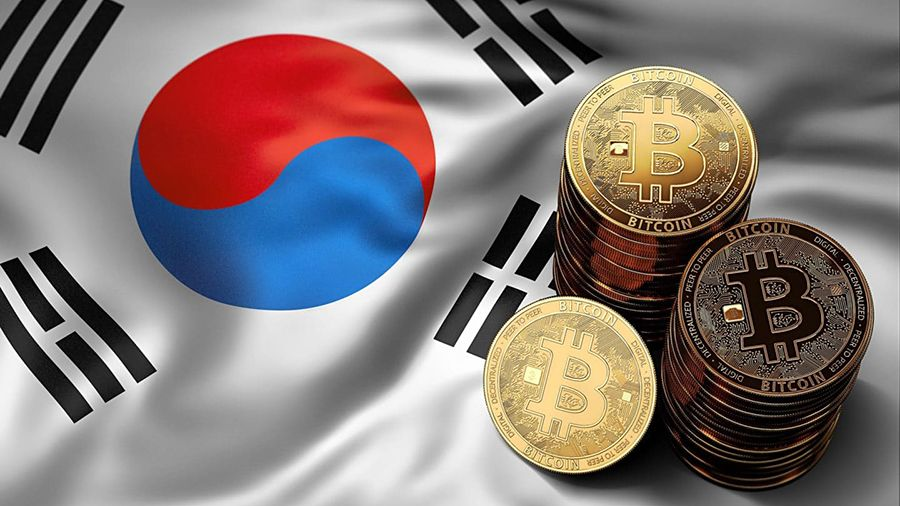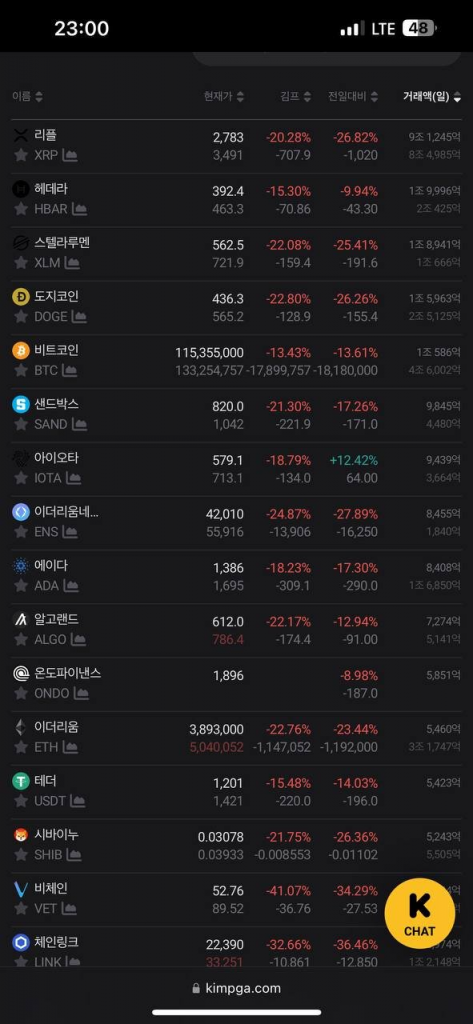
On December 3, South Korea’s cryptocurrency market plummeted following the declaration of martial law in the country, according to journalist Colin Wu.
Breaking: The all Korean won trading pairs on Korean exchanges suddenly began to plummet, with Bitcoin even falling to $79,167 and XRP falling to $1.89. They are now recovering. https://t.co/ddi2RcNnXu & https://t.co/knueGmuiE6 pic.twitter.com/8umh9AVe3D
— Wu Blockchain (@WuBlockchain) December 3, 2024
“I declare martial law to protect the free Republic of Korea from the threat of North Korean communist forces and to eradicate vile pro-North Korean anti-state elements,” stated South Korean President Yoon Suk Yeol in a televised address.
The announcement triggered a sell-off across trading pairs involving the Korean won. Bitcoin’s price on the country’s largest exchange, Upbit, fell below $80,000, while the stablecoin USDT dropped to $0.89.
The Upbit Market Index (UMI), a composite indicator tracking market trends for the platform’s top 30 assets, declined by 13.2%.

Colin Wu noted that all cryptocurrency exchanges in South Korea have suspended operations, making trading “virtually impossible” at the moment.
The declaration of martial law transfers civilian government functions under military control, halts parliamentary operations, and imposes several other restrictions. According to the BBC, the move stems from disputes between the ruling party and the opposition over next year’s national budget.
Record Trading Volumes Preceded the Decline
On December 2, the daily cryptocurrency trading volume in South Korea reached $18 billion, surpassing the stock market’s turnover by 22%. Despite this growth, political instability has now cast uncertainty over the local crypto market.
Background on South Korea’s Crypto Market
South Korea has consistently ranked as one of the leading markets for cryptocurrency trading globally, with platforms like Upbit and Bithumb among the world’s most active exchanges. However, the nation’s political climate and regulatory environment often create volatility, as evidenced by this latest development.








 Cryptol – your source for the latest news on cryptocurrencies, information technology, and decentralized solutions. Stay informed about the latest trends in the digital world.
Cryptol – your source for the latest news on cryptocurrencies, information technology, and decentralized solutions. Stay informed about the latest trends in the digital world.